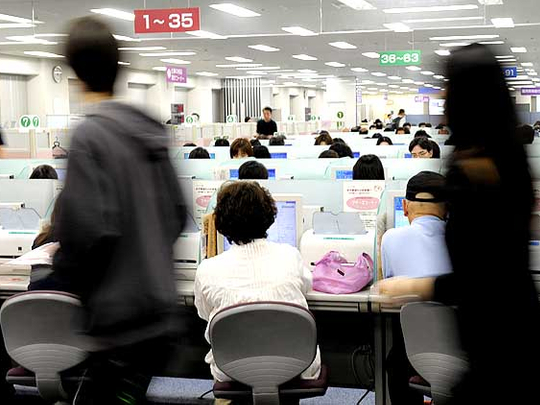
If you work in an office, you’re probably well used to big-spending items related to maintaining your life while working outside the house. These regular costs — like transportation, clothes and perhaps childcare — typically can be taken into account when you first get a job and review the compensation package. However, these aren’t everything. There are usually many other miscellaneous expenses that can be involved in office life.
Take, for example, the social gatherings that you’ve to keep up with, the costs related to business travel or expenses related to using your own property for work purposes. Any of these may not seem significant in itself, but when it becomes a regular activity, it may pressure a tight budget.
That is why it is important to understand how to avoid developing unnecessary habits that can cost you a fortune in the long run. With the right planning and by taking control of your spending, you can make sure that you don’t cross budget lines while still enjoying your office life.
Here are four examples to keep tabs on:
Hanging out
Having good relationships, or even friendships, with co-workers is always a good sign for fitting into the team. However, with these relationships, you may be invited to group outings for lunches, weekends or after-work outings. Office politics aside, this activity can add up to a serious expense given its potential frequency.
Understandably, many people don’t want to be left out of a gathering, but being always there — if this wasn’t what you’ve usually done — can add up quickly. That is why it is important to know when to stop and balance your spending and your social life. Perhaps if you look closely, you will find that not everyone goes out all the time, either for financial or other reasons, so you probably won’t be an exception.
Personal property
Being enthusiastic about your job doesn’t mean that you should happily take up certain work-related expenses. If your job requires you to use your personal phone, computer, internet or car, perhaps you should discuss the prospect of an expense account with your supervisors.
These expenses often go beyond their apparent price if you count asset depreciation and maintenance. Unless you’re clearly required to use your property without compensation, don’t volunteer to do so. In all cases, you’re not doing anyone a favour and you’re entitled to get tools or compensation from your employer.
Presents
For anyone who has worked in an office — big or small — it can become a regular event to contribute to an office present for a co-worker who is having a special occasion — getting married, having a baby, recovering from an accident, or even leaving for a new job.
Many organisers of these activities may understand that some workers may not afford contributing a large sum, or perhaps any, every single time and try to make the continuations as anonymous as possible. Regardless, the rule of thumb here is to just contribute as much as you’re comfortable with and based on how close you’re with the person. Remember, the thought is what matters more than the value of the gift.
Business travel
Employers typically pick up flight, accommodation, food and miscellaneous work-related expenses related to business travel. Still they likely won’t cover your personal expenses, like phone calls, personal transportation and souvenirs. If you’re a frequent business traveller, it may be a good idea to look into how to reduce these personal expenses and set a budget in advance.
For example, consider using an internet-calling service — like Skype — or a domestic phone instead of roaming. Do some prep work to figure out how to do sightseeing without splurging and keep presents and souvenirs to the minimum.
The writer is a former Gulf News Business Features Editor





